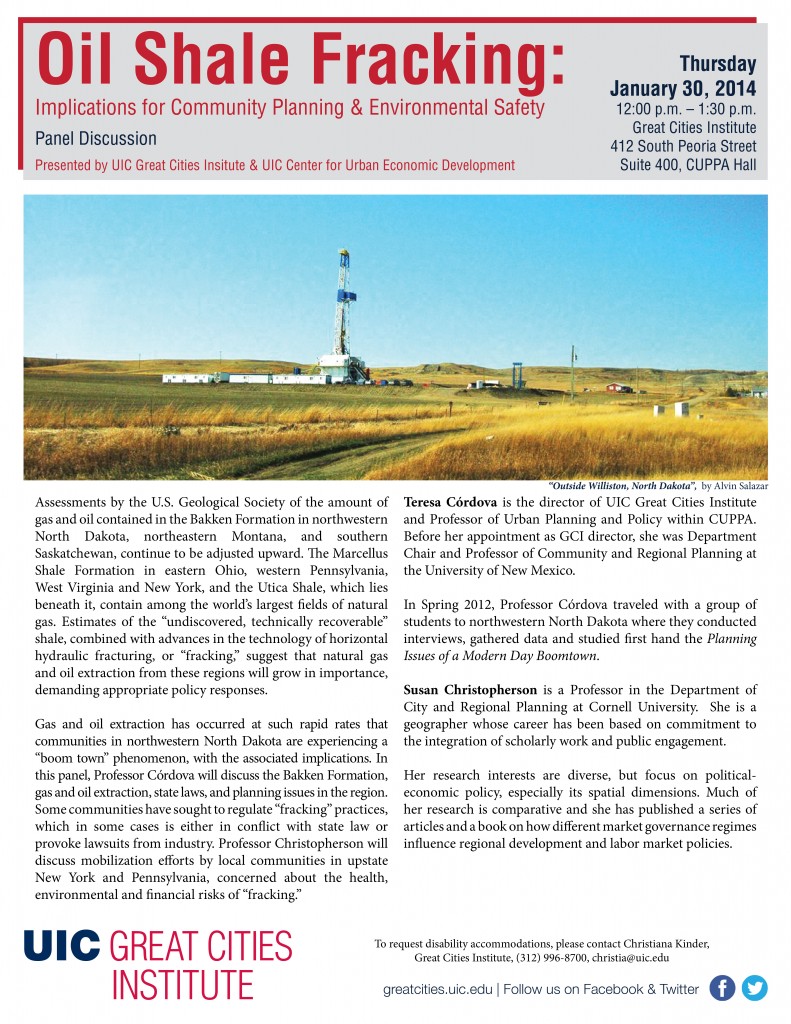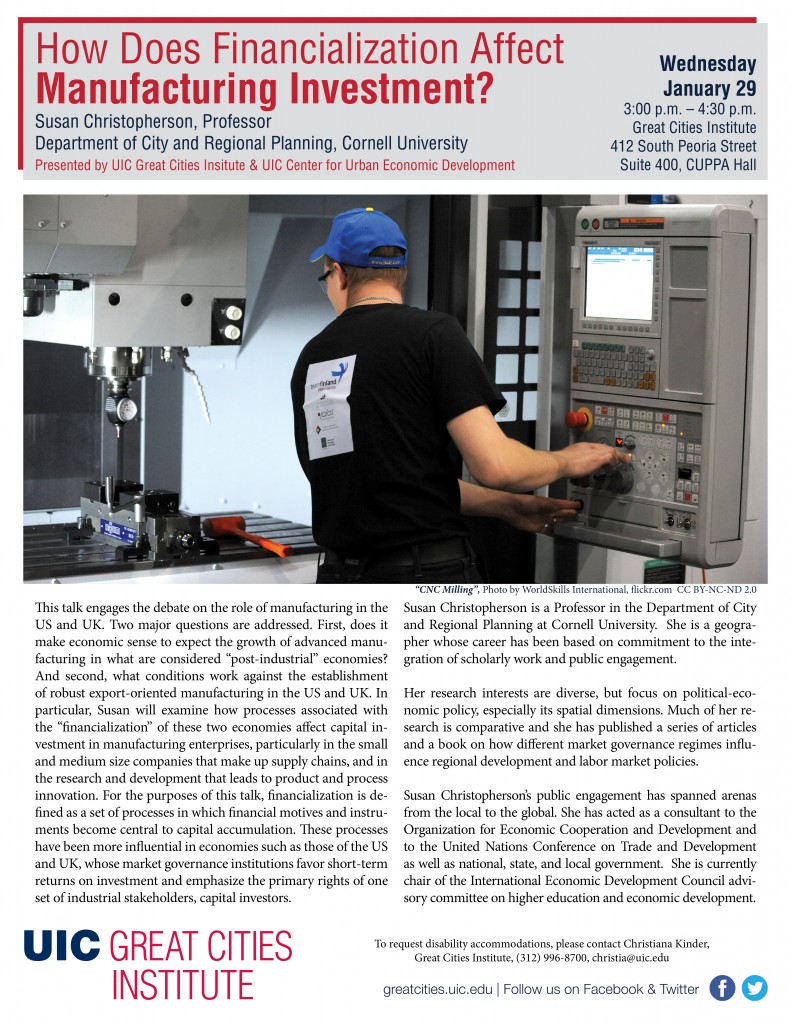
Officials say Ninety7Fifty, the apartment project Orland Park put $63 million into, is about 77 percent filled out. (Taylor Anderson, Chicago Tribune / February 7, 2014)
The Chicago Tribune’s TribLocal quotes Rachel Weber, GCI fellow and associate professor of urban planning and policy, on younger residents being attracted to suburbs such as Orland Park that are developing new downtown areas.
Weber said the long-term plans, some of which are already coming to life, for Orland Park’s downtown reflect a regional trend that has taken place in suburbs for the past two decades as towns attempt to adapt to generational shifts.
“On the demand side, you see sort of the demographic trends are showing that there’s a kind of bubble of younger people who might be looking for a more urban experience,” Weber said. “Many of these folks are more likely to stay in the city.”
Weber said towns have shifted to enticing development of transit-oriented, multi-family residences near stores and restaurants. The description fits Orland Park’s fledgling new downtown to a tee.



